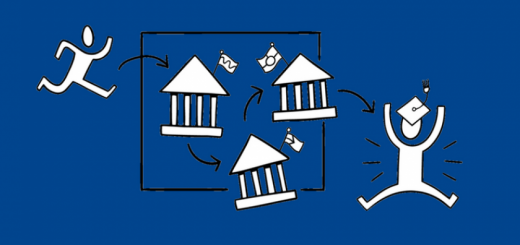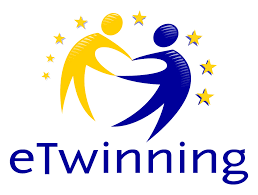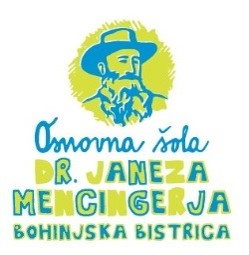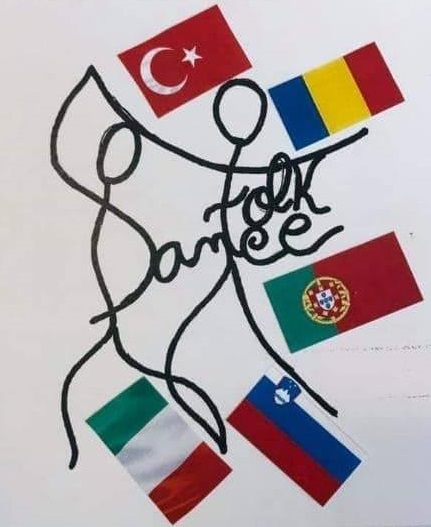Project summary
The project arose as a result of identifying a very damaging problem that European society faces nowadays: in the process of globalization, there is a regrettable parallel process of loss of the historical identity of the minorities by losing traditions at the local and national level.
Children spend most of their free time in front of the computer, they lose contact with the traditional world. In the school environment, a number of issues related to the development of children have been identified: on the one hand, they lack the willingness to communicate and they lack interest in traditional cultural values. These problems are at the heart of this project, which is intended to be a way of improving this situation, specifically by involving students in the discovery of information, both in the field of ethnography, ethnology and folklore, as well as geography and local history, in a constructive manner, a didactic technique that has a deep impact on the development of pupils’ personality.
As a result of the “research” undertaken, about 50 students, aged 14-15, for each school partner will have the opportunity to work in a group for the systematization of collected information and the production of PPT materials “Folklore Areas – Short Geographic, Ethnological and Ethnographic Research” and the eTwinning portal.
The project also focuses on the children’s need to work in the virtual environment to communication with their colleagues from other countries and to exchange information through the project website, “Folk Dances – Mirroring National and Minorities’ Traditions”, activities that will also improve oral and written expression in English which is the vehicular language. Through the dance lessons organized by the schools, students will be able to participate in artistic activities, having the opportunity to undertake folk dance performances, while learning popular dances of national minorities of other peoples. The collaboration will be also extended to the fact that they themselves can become teachers for their school mates because they will have the opportunity to record video tutorials of folk dance specific to traditional areas and will be able to select dances from the tutorials of colleagues from other countries, which they will then learn in peculiar lessons. They will learn about the syncretic character of these cultural acts, thus understanding the indestructible connection between folklore and the defining features of each people. They will study the transformations of traditional dances on the axis of time, geography and history, and will understand the role of folk traditions in defining the national being.
For the team of teachers (at least 10 for each school) the project is an opportunity to improve the curriculum and use the course support for an optional course for pupils – the Methodological brochure “Educational Valences of Folk Dances – Transfer of Educational Practices in Didactic Activity”. At the same time, teachers will participate in the workshop “Educational Valences of Popular Dances”, through which they will be able to apply the methodological elements from the curriculum of the “Folk Dance and its Benefits to the Students” training program in the future didactic activity. The teachers will be able to practice communication skills in English interacting with their colleagues as part of project activities in building the kit. The project should be realized transnationally because folk traditions in general and folk dance in particular are part of the cultural patrimony of humanity and should be best known, especially by children, who will be able to preserve and promote in the future these defining cultural elements for the minorities in a world of globalization, often under the sign of the loss of their own identity. Being a reflection of the image of the contemporary world, this framework of intercultural relationship that will take place at the level of the project will be a learning environment in which human values such as tolerance, communication, good understanding, friendship, ethnic minority protection (including children with special educational requirements) will be promoted.
The project as its structure suggests has to be carried on by steps. First of all the selection of the students, choosing an intermediate class of students as their acquired knowledge won’t go wasted but their “know-how” should act as a stimulus for later activities also next years ahead, it is advisable to choose a class with foreign students, they can give a huge contribution as they can compare their own folk tradition with the host one and they would feel active part of the society. Subsequently the students will attend some practical lessons in specific places, such as ethnographic museums and folk dance schools, with the supervision of a folk expert. The methodology has to be inductive actually progressing from the real example of folk exhibitions to the theory.







